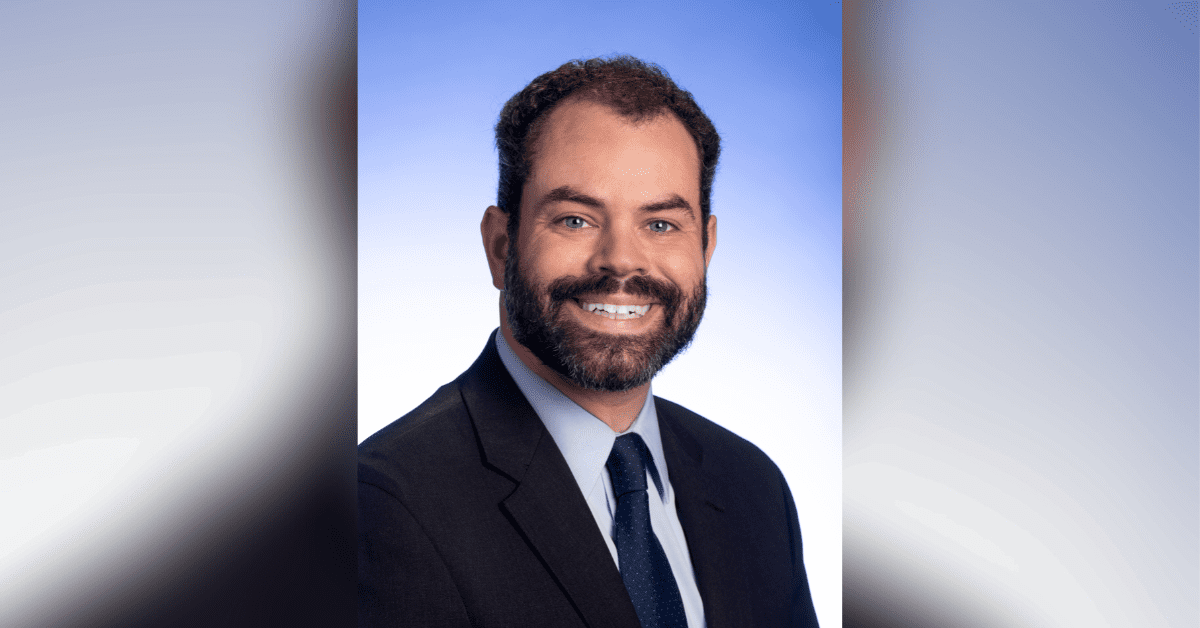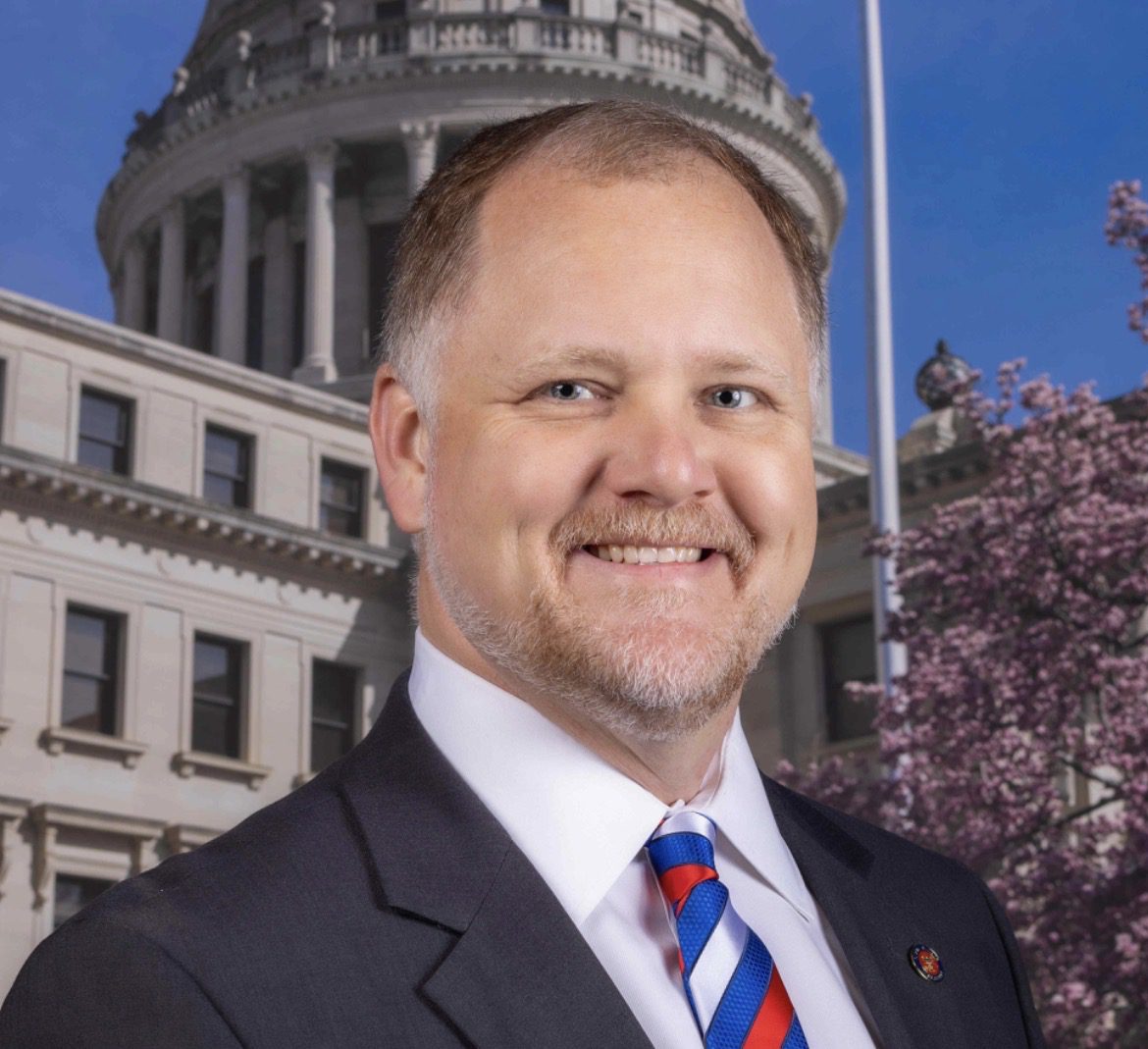
Sid Salter
- Columnist Sid Salter takes a look at the players in the Clarksdale-Emmerich newspaper case ahead of the February 27 hearing.
Hinds County Chancellor Crystal Wise Martin kicked a political and judicial hornet’s nest in issuing a Feb. 18 temporary restraining order that required a Mississippi newspaper to remove a Feb. 8 editorial criticizing Clarksdale Mayor Chuck Espy and the Clarksdale Board of Commissioners from its website.
Espy and the Clarksdale commissioners succeeded in convincing Chancellor Martin that the newspaper’s editorial represented “defamation against public figures through actual malice in reckless disregard of the truth” and that leaving the editorial available on the website “interferes with their legitimate function to advocate for legislation” to enact a proposed 2 percent tax on legal alcohol, tobacco, and marijuana sales in the city.
The Hinds County Chancery Court judge set a Feb. 27 hearing on the temporary restraining order. Wyatt Emmerich, the newspaper’s owner, told The New York Times and other national media outlets that decried the judicial decision that he intended to challenge the ruling in court.
Those proceedings are expected to include an examination of the Mississippi Open Meetings and Open Records Act and the landmark First Amendment case law contained in the 1964 U.S. Supreme Court ruling in New York Times v. Sullivan.
In that case, the nation’s highest court established the “actual malice” test and ruled that a public figure bringing a libel claim must show the defendant knew the statement was false, or that they released the information with reckless disregard for its accuracy.
The Clarksdale Press-Register daily newspaper criticized the Clarksdale city government for allegedly failing to provide proper legal notice to the local media of a Feb. 4 special meeting to discuss the proposed tax package.
Ironically, the Press-Register’s editorial got a far broader airing after the judge’s order came down than it would have received otherwise by virtue of the lawsuit.
Emmerich, whose company is the largest group of community newspapers in Mississippi and serves 24 communities in Mississippi, Arkansas and Louisiana, is the scion of a family that has been successful in the newspaper business in this state for three generations.
Oliver Emmerich of McComb was the first of the line in Wyatt Emmerich’s family. His grandfather’s story was of a man who pulled himself up by the bootstraps in establishing the McComb newspaper after stints as an Extension county agent and a commercial sandwich maker.
Wyatt’s father John Emmerich was truly an accomplished journalist. After earning an undergraduate degree at Ole Miss, John studied at the Sorbonne in Paris – later receiving a Nieman Fellowship to study at Harvard University in 1961.
Before growing the family interests in Mississippi, John honed his craft at The Minneapolis Tribune, The Baltimore Evening Sun and The Houston Chronicle. He served as president of the Mississippi Press Association and vice chairman of the board of the Associated Press.
Wyatt is a Harvard University graduate, worked at the New York Times, then returned home and set about significantly building on the successes of his grandfather and father. Wyatt embraced technologies in a way that would have impressed his father.
Still, Wyatt Emmerich has faced challenges in the newspaper business that his forebears could not have imagined. The digital revolution had not fully evolved on that sad 1995 day when John died after jogging near his Delta home.
The Clarksdale Press-Register is a Mississippi newspaper that produced two of the best editorial writers in the state’s history – Joe Ellis and his protegee, Ray Mosby. The newspaper is where distinguished Mississippi journalist Curtis Wilkie made his journalism bones.
The Mississippi Press Association’s annual award to the writer of the newspaper editorial judged annually to be the best of the best was named the Emmerich Award in honor of Oliver Emmerich. John won it twice, as did Wyatt.
Clarksdale’s Mayor Chuck Espy is likewise a member of a successful multigenerational family with influence. His uncle Mike Espy was Mississippi’s first black member of Congress since Reconstruction and the first Black Secretary of Agriculture. His father, Henry Espy, was Clarksdale’s first Black mayor. Before he was elected mayor, Chuck Espy served four terms in the Mississippi House.
Whatever happens on Feb. 27 in the hearing, look for this case to climb the appellate ladder.








